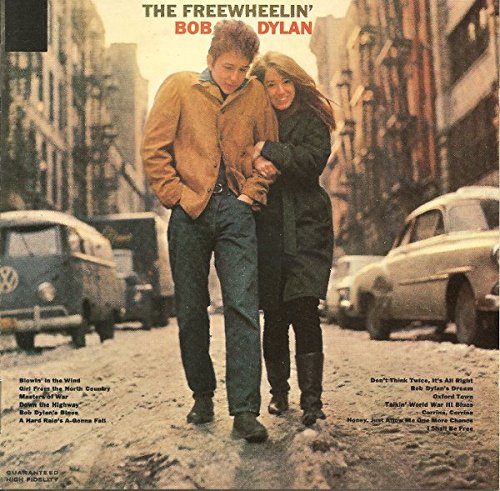Stepping into Jackson’s Corner, one is welcomed by savory scents mingled with warm chatter, the clamor of sizzling pans and gentle clinks of cutlery. For 15 years, its sun-kissed yellow exterior has been a staple of the Bend restaurant scene. However, this beloved eatery, frequented by locals and tourists alike, announced during the last week of September that they are following the growing trend of local restaurants selling, in pursuit of new horizons.
Owners Jay Junkin and Parker Vaughan are seeking $1.2 million for the decade-old business located on Delaware Street in Old Bend. Established in 2008, the restaurant has upheld a consistently positive reputation—making this sale very unexpected.
However, Jackson’s Corner isn’t the only Bend restaurant that’s suddenly gone up for sale. Also included on that list are Rockin’ Dave’s, Goody’s Ice Cream Shop, Pacific Pizza and Sunny’s Italian Joint. With persisting economic challenges and growing industry competition, local businesses like these and the community as a whole could be significantly impacted.
A majority of these selling businesses aren’t doomed and are only switching owners, but others haven’t been as lucky. Kanona Cafe, Pilot Butte Drive-In and the Breakfast Club are just a few of the Bend restaurants that have permanently closed in the past few years.
This spike in local restaurants being sold poses the question of why so many businesses are deciding to put themselves on the market right now.
For business owners who are looking to exit the industry quickly, these sales are not happening at a favorable time. Currently, they are having to fight against high-interest rates, worker shortages and a lack of potential buyers with financial capacity to purchase these businesses. In contrast to previous years, this time of economic uncertainty does not promote a good sales environment.
If this increase in sales isn’t due to a good buyer economy, what is the cause?
In an article published by the Bend Bulletin, Junkin and Vaughan attributed the decision to sell Jackson’s Corner not to retirement, but to wanting to get away from the restaurant industry altogether. They said that food costs have risen, employees are tough to find and that food prices are always changing.
Many long-standing restaurants are facing similar challenges, and the aftermath of the pandemic has significantly contributed to these struggles. During the pandemic, many people lost their jobs and struggled financially. Post-COVID, many people attempted to recover from economic burdens caused by the pandemic by cutting back on discretionary spending—including restaurant outings. This took a big toll on the income businesses were making, forcing some owners to sell due to financial problems.
Though restaurants aren’t the only businesses struggling at this time, this industry has been hit especially hard. The restaurant industry is well-known for being highly competitive and tough to survive in. The National Restaurant Association estimates that 60% of restaurants fail in their first year of operation, and 80% fail within five years of opening.
One of the main factors that contributes to the competitiveness of the industry is the oversaturation of the food scene in Bend. With a large number of existing restaurants, it’s harder for new businesses to establish themselves and make a profit. According to the National Restaurant Association’s research, an average of 50,000 new restaurants open in the US annually, which is too many for communities to support.
Last December, Dudley’s Bookshop Cafe was experiencing sales below average, which is concerning as the winter months are generally the busiest time for shops.
Luckily, the community stepped up and offered their support, helping to boost the business back on track.
“The biggest challenge we’re facing, and it’s happening all over Bend, are rising commercial rents. They don’t have any increased protections like residential rents do,” said Tom Beans, the bookshop’s owner.
Last year, Dudley’s got a new landlord, causing an increase in the monthly rent by over $3,000. This huge spike in money could be detrimental to any local shop, but fortunately, many citizens appreciate small businesses and are willing to help out.
“My family supports as many local businesses as we can because we know how important it is for them to have the extra customers and we love supporting the community,” said Summit sophomore Tatum Hoffman.
Clearly, the main issue causing restaurants to close isn’t a lack of community support. Sometimes it can just be business owners having changing lifestyle preferences and personal circumstances. Some proprietors seek to explore new ventures, retire or redirect their focus due to personal or family-related reasons. Running a business can be extremely time-consuming and can easily wear someone out. Owning a restaurant, especially, is a hefty investment and isn’t always long-term.
This surge of shops struggling has risen to a national level as the trend of selling continues to gain momentum. Local business landscapes are poised for substantial transformations, marking a significant transition phase for both sellers and potential buyers in the evolving economic terrain.





































